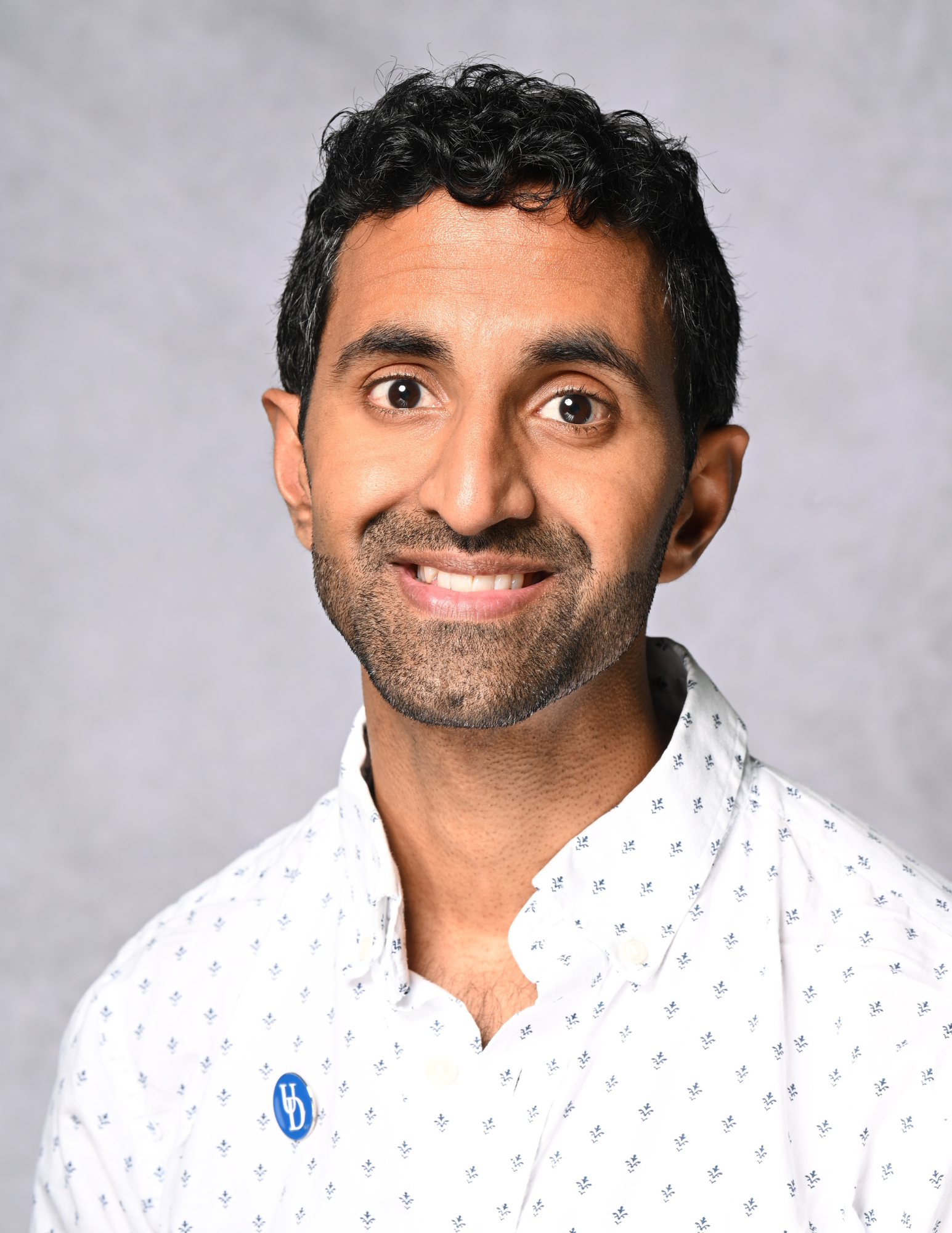Speaker Bio
Aditya Kunjapur is an Assistant Professor and the Thomas Willing Early Career Professor of Chemical & Biomolecular Engineering at the University of Delaware. He earned B.S. and Ph.D. degrees in Chemical Engineering from the University of Texas at Austin and MIT in 2010 and 2015, respectively. After conducting post-doctoral research with George Church at Harvard Medical School, Aditya started his lab at Delaware in Dec. 2018. His lab seeks to expand the microbial chemistry repertoire to include new-to-nature building blocks for applications in human and planetary health. The lab’s work has been recognized through awards such as the Langer Prize from AIChE, a New Innovation Award from FFAR, an NIH Director’s New Innovator Award, an ONR YIP, the SIMB Early Career Award, and the BioInnovation Institute & Science Grand Prize for Innovation. When not at work, Aditya enjoys entertaining his two young girls.
Abstract
Whether in our guts or in the environment, microbes play critical roles in shaping the health of natural systems. Thanks to advances in synthetic biology, we can reliably engineer microbes to augment their natural capabilities or to impart them with new-to-nature functions. Our potential use of engineered microbes in open systems rather than in bioreactors could help address diverse challenges in human and environmental health. However, we face a few barriers before we can deploy engineered microbes effectively and safely. First, we cannot yet engineer microbial factories to produce many of the kinds of functional group chemistries that are characteristic of the most effective synthetic medicines, agrochemicals, or materials. Second, we cannot yet reliably control the proliferation of an engineered microbe to mitigate the risk of unintended spread. Our lab has been making exciting progress tackling both of these topics, all with a common big picture strategy of programming cells to create and harness rare building blocks. In this talk, I will present three vignettes of where the biosynthesis of non-standard amino acids (nsAAs) can enable new opportunities. Specifically, I will describe new capabilities that have relevance to medicine and sensing. I will devote more time to the discussion of safeguards that offer the promise to control the survival and functions of engineered microbes in the environment for purposes such as agriculture or bioremediation.



